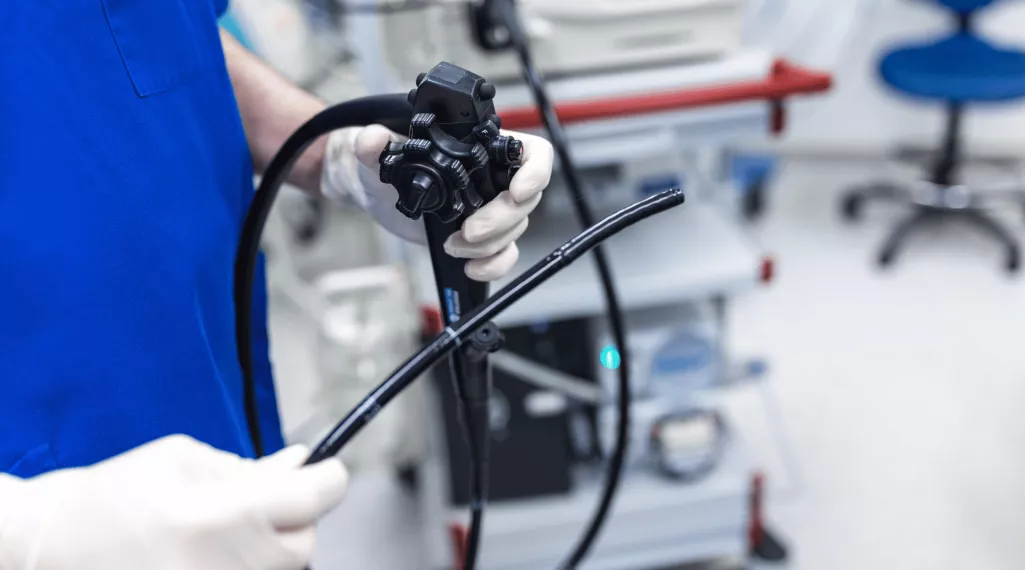
Top five things to know about choosing sedation for your colonoscopy

You have a choice when it comes to colonoscopy sedation, and we’re here to help make that decision easier. Here are five areas of learning that can help guide your choice.
Understanding Your Colonoscopy Bill: Components & Costs
- Components:
- Bowel Prep
- Colonoscopy Procedure
- Sedation: Type and Anesthesia Professional Presence
- Pathology: Tissue Examination
- Facility Type: Hospital [HOPD], Ambulatory Surgery Center [ASC], Physician’s Office [PO]
- Procedure Types:
- Screening Colonoscopy: For colon or rectal cancer signs, typically covered by insurance.
- Therapeutic Colonoscopy: Polyp/lesion removal, may affect billing.
- Diagnostic Colonoscopy: Exam for symptoms like bleeding or pain.
Fees and Charges Associated with Colonoscopy
- Types of Fees:
- Technical Fee: Charged by the facility (HOPD, ASC, PO)
- Professional Fee: Paid to healthcare providers
- Billed Charge: Amount charged to insurance
- Reimbursement/Allowed Amount: What insurance actually pays
- In-Network: Agreements with insurance for service provision, affecting costs
- Co-Pay: Fixed service payment, typically exempt for preventive services
- Deductible: Pre-insurance payment for services
- Coinsurance: Your share of service costs after deductible
Colonoscopy Sedation Options
- No Sedation
- Minimal to Moderate/Conscious Sedation: IV sedatives and pain meds, semi-conscious state.
- Deep Sedation and General Anesthesia: Administered by a professional, total unconsciousness.
- SEDASYS® System: FDA-approved CAPS system, administered without an anesthesia professional.
Key Financial and Sedation Questions to Ask
- Network status of gastroenterologist and facility
- Insurance coverage for the procedure and polyp removal
- Available and recommended sedation options, additional costs
- Possibility of a different facility for cost reduction
- Total out-of-pocket expenses
Remember, being informed and asking the right questions is crucial for managing your healthcare effectively.
Top resources

Legislation introduced to address young-onset CRC
Explore the urgent need for the Colorectal Cancer Early Detection Act (HR 7714), legislation aimed at combating the rising incidence of colorectal cancer among younger adults through enhanced screening, education, and research.

Colorectal cancer resources for learning and sharing
Whether personally impacted by colorectal cancer (CRC), supporting a loved one, or dedicated to educating and empowering others, these downloadable and printable resources can help.

Dak Prescott joins Alliance to ‘LEAD FROM BEHIND’
Initiative aims to reduce stigma and educate about screening choices, as the Colorectal Cancer Alliance launches a health equity fund to decrease disparities.





